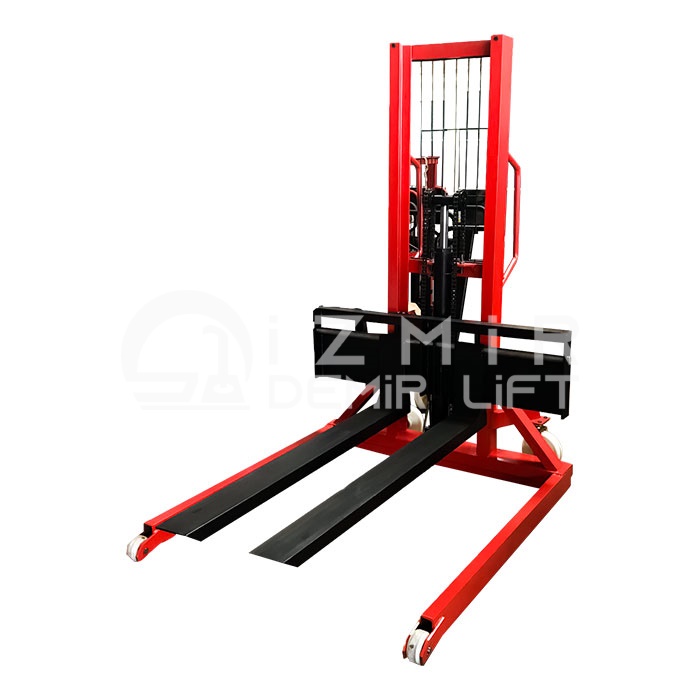
Today, warehouse operations are complex processes that must be carried out quickly and efficiently. Forklift trucks play an important role in storage and material handling operations. Wireless communication technologies are of great importance in increasing the efficiency of these machines and making operations more effective.
In conclusion, the use of wireless communication technologies in forklifts and warehouse operations provides efficiency, speed, security, and operational control. With benefits such as real-time communication, location tracking, data sharing, operator efficiency, traceability, security, flexibility, and scalability, it helps businesses improve their warehouse operations and gain a competitive advantage.